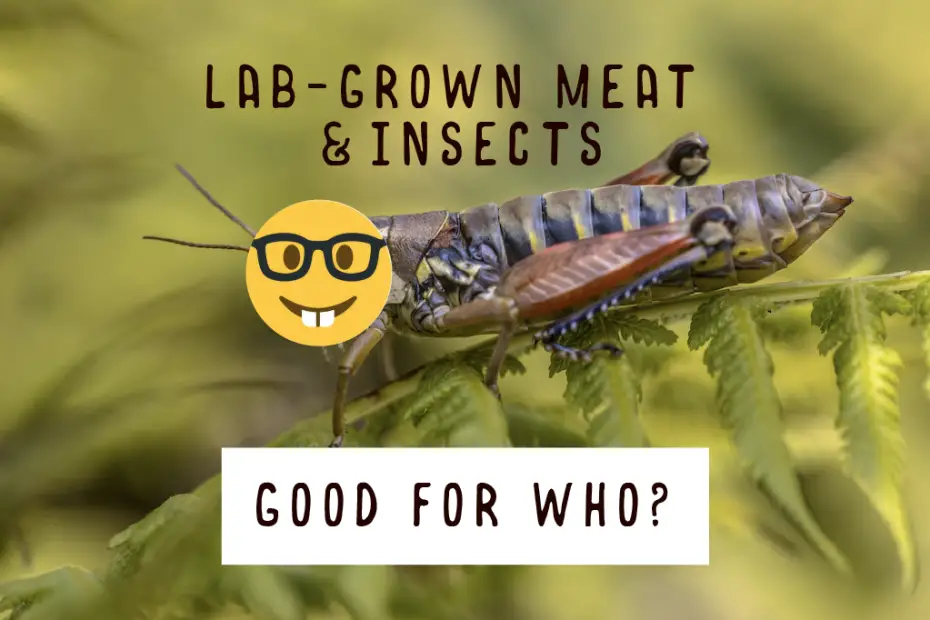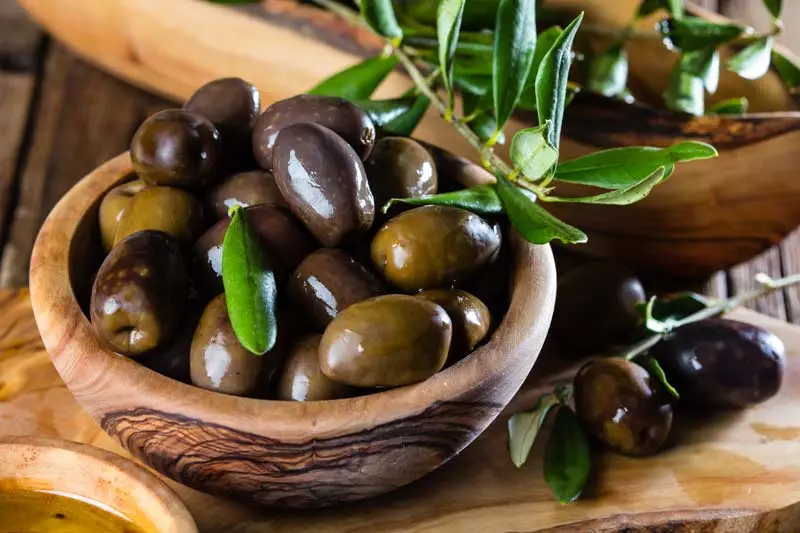Buyer beware, there’s a new marketing ploy in town, and this time, it is aiming directly for meals. The packaging and presentation usually goes something like this: “Numerous studies have shown that moving towards a plant-based diet has benefits for both health and the planet.” What they don’t tell you, not immediately at least, is that “plant-based” may not mean exactly what you think it does…
The research, published in Nature Food, examined new foods that are expected by alleged elite policy makers, to become a bigger part of our diets in future years, many of which rely on high-tech methods to “grow” animal and plant cells in bioreactors. Yes, “grow”.
Just take a look at this list of just some of the foods studied for future promotion in our diets:
- Ground-up flies and crickets
- Egg white from lab-grown chicken cells
- A type of seaweed called kelp
- Protein powders made from mushrooms or microbes
- Edible algae
- Milk, meat and berries grown from cells.
Just how this will be packaged to consumers is clear…. It will be asserted that dining on the likes of lab-grown meat or ground-up insects could lead to big savings in carbon emissions and water, as well as freeing up land for nature. Try and stand in the way of that trio of powerhouses.
Marketing studies have also apparently calculated a way of making it all more palatable by claiming the environmental benefits of “greener” foods hitting our plates. But it’s not yet clear if consumers will want to shift their eating habits. Can they actually pull this off?
A host of non-conventional foods are being developed with the aim of providing food rich in insect and other lab-grown protein combined this with other “nutrients”. As science plays an ever more focused role on the way we grow and consume food, the future of consumption looks very interesting indeed.



